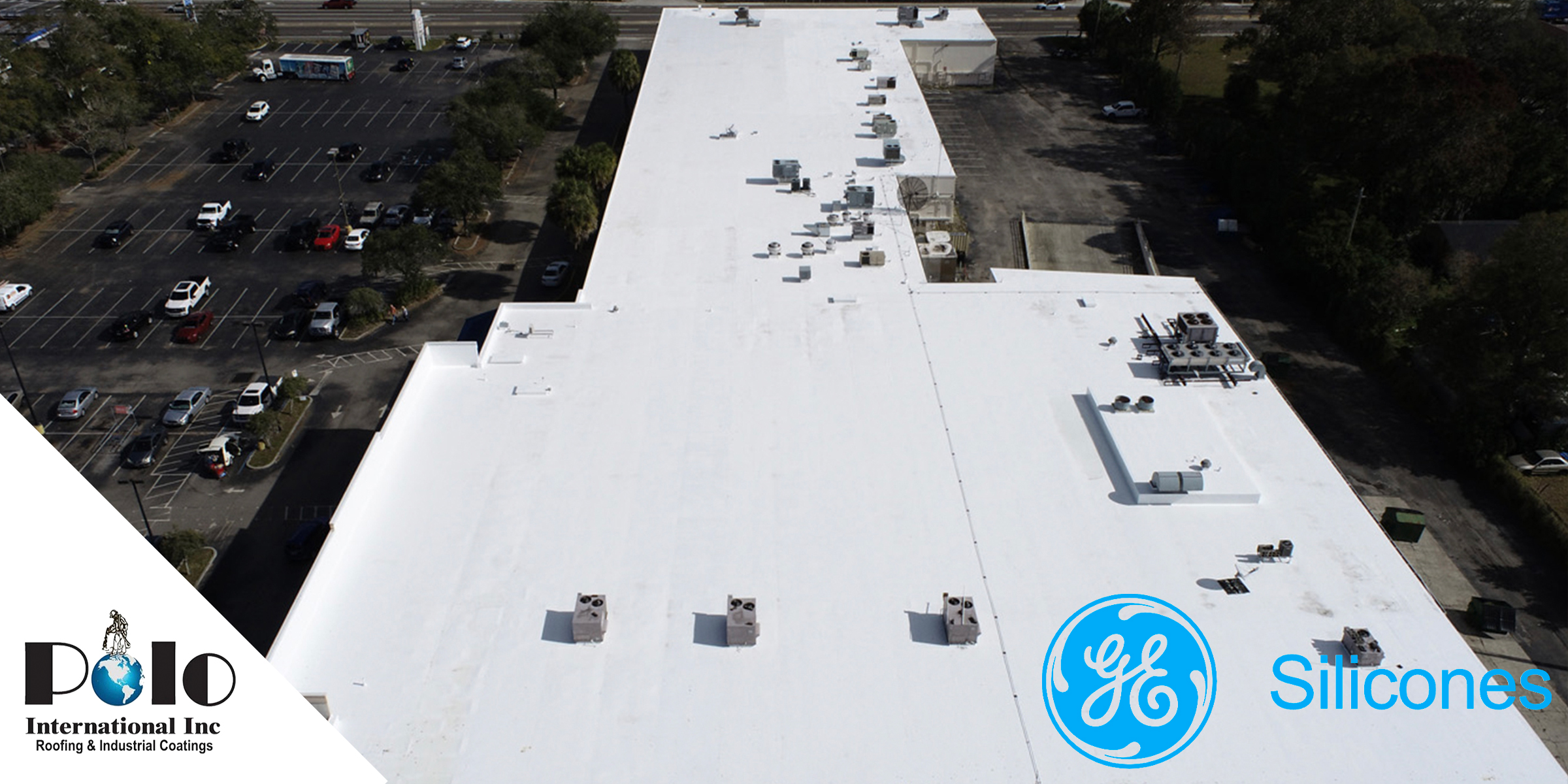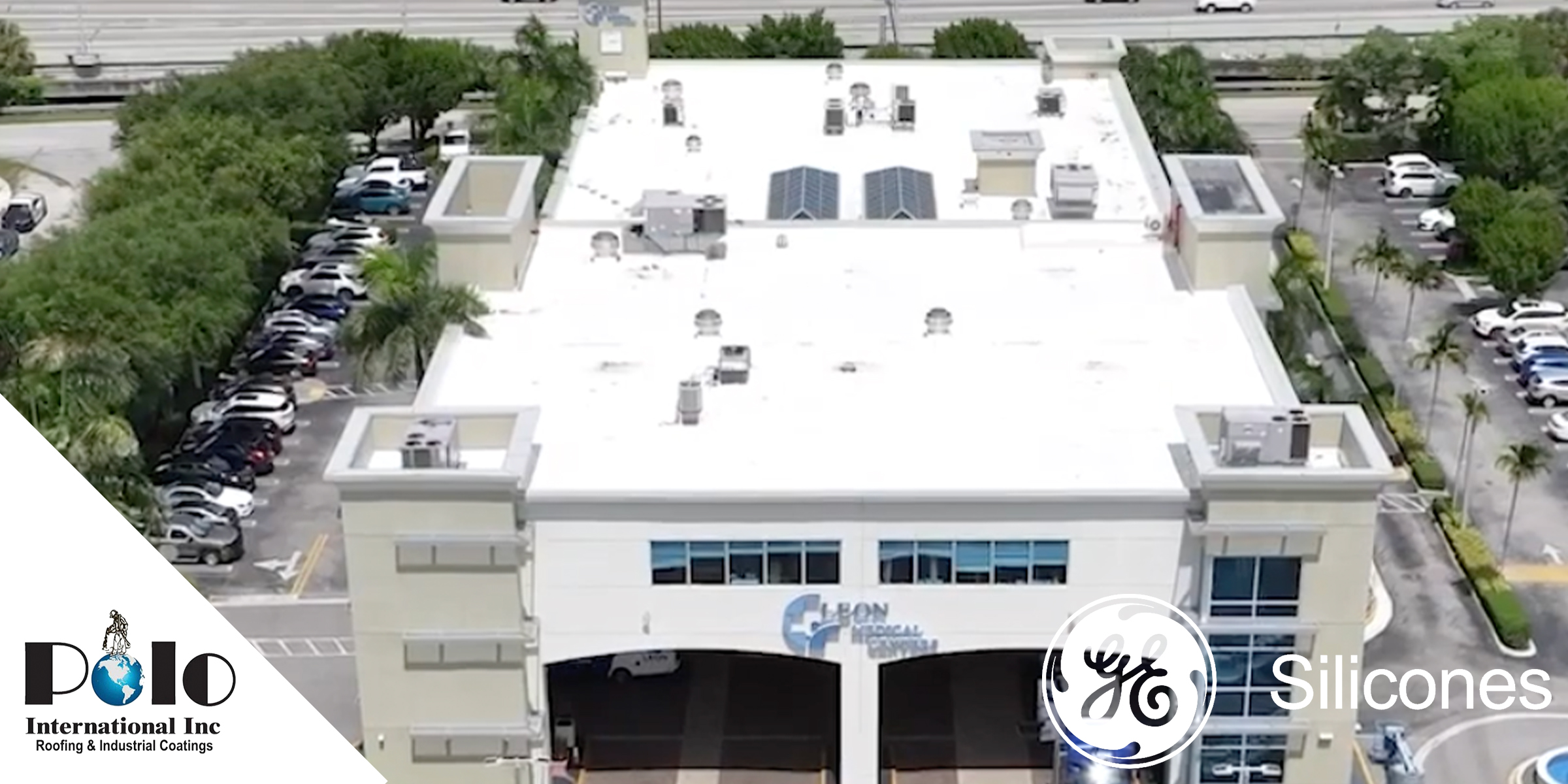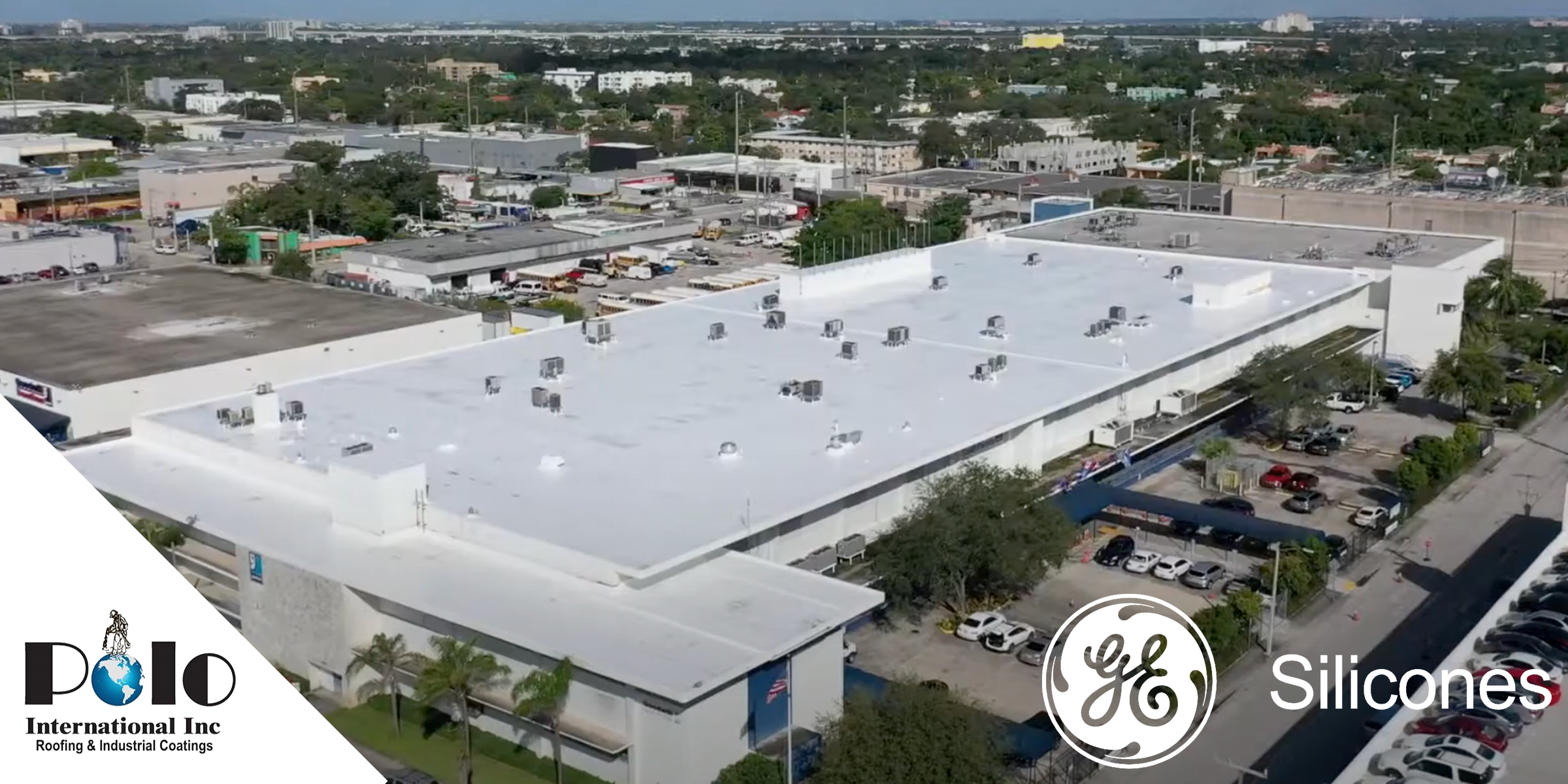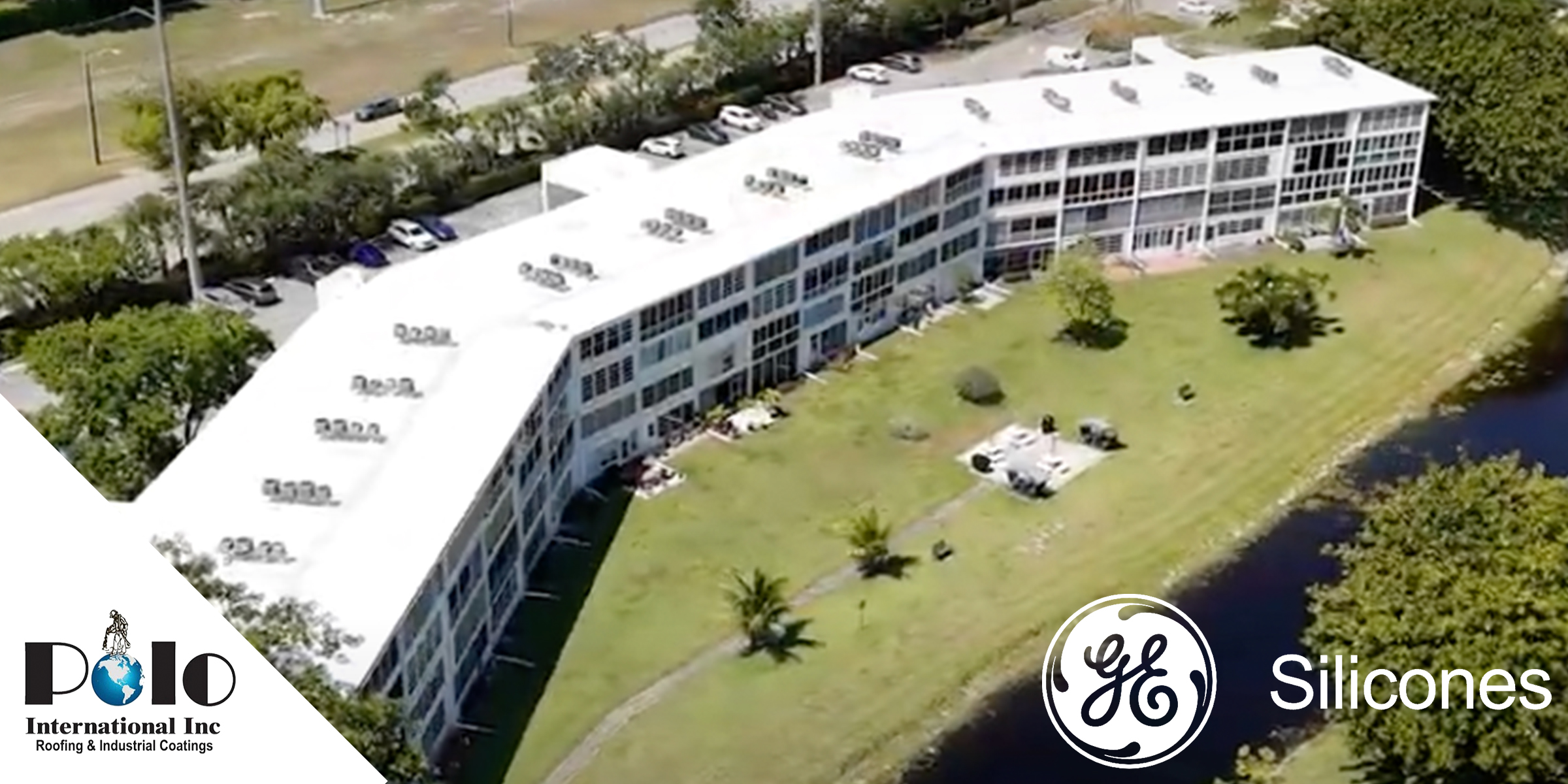
Navigating Insurance Requirements with Spray Foam Roof Solutions
Are you prepared to meet your building’s insurance requirements while ensuring long-term roof durability? Navigating commercial property insurance policies can be complex, especially when traditional roofing materials fail to meet insurer expectations. Spray Polyurethane Foam (SPF) roofing presents a seamless, energy-efficient solution that not only enhances structural integrity but also aligns with strict insurance criteria.
SPF roofing, featuring polyurethane coatings, provides superior insulation, waterproofing, and resistance to environmental damage. These properties help mitigate common risks associated with commercial roofs, such as leaks, thermal drift, and storm damage—factors that often contribute to costly insurance claims. Additionally, the durability and energy efficiency of SPF systems can lower insurance premiums, making it a cost-effective roofing choice.
Understanding how spray foam roofing meets insurance standards ensures compliance, minimizes risks, and maximizes long-term financial benefits for commercial property owners.
Ensuring Compliance with Local Building Codes
Every commercial roofing project must adhere to local building codes, which vary by region. Compliance includes:
- Structural Safety Requirements: Ensuring SPF roofing meets load-bearing standards and integrates properly with existing roof decks.
- Fire Resistance Ratings: Using SPF systems with fire-retardant coatings in areas with stringent safety codes.
- Energy Efficiency Regulations: Meeting minimum R-value insulation standards to optimize heating and cooling performance.
- Air and Moisture Control: Preventing condensation and leaks by applying SPF roofing according to industry guidelines.
Engaging experienced, certified SPF roofing contractors ensures compliance with all relevant regulations while avoiding costly post-installation modifications.
Meeting Energy Efficiency Standards for Insurance Benefits
Many municipalities incentivize energy-efficient roofing solutions, and SPF roofing’s high R-value can help properties qualify for tax credits, rebates, and insurance discounts. Programs such as Energy Star Roofing Standards promote cool roofing materials that reflect solar radiation and reduce cooling demands.
Insurance providers often favor buildings that integrate sustainable roofing solutions. Lower energy consumption reduces strain on HVAC systems, minimizing long-term risk factors such as moisture accumulation and thermal expansion. Property owners can leverage these benefits to negotiate reduced insurance premiums.
Understanding Insurance Requirements for Commercial Roofing
SPF roofing aligns with several key insurance considerations:
1. Installation Standards and Warranty Compliance
Many insurance policies require commercial roofs to be installed per manufacturer guidelines and industry best practices, such as those set by the Spray Polyurethane Foam Alliance (SPFA) and the National Roofing Contractors Association (NRCA). Proper documentation of SPF installation and warranty details can streamline claims processing and prevent disputes.
2. Resistance to Weather-Related Risks
SPF roofing is highly resistant to wind uplift, storm damage, and water infiltration—key concerns for insurers. In hurricane-prone regions like Miami, FL, or areas with heavy snowfall such as Minneapolis, MN, insurers often require roofing systems to withstand extreme weather conditions. SPF’s seamless application minimizes the risk of leaks and structural failure, reducing the likelihood of claims.
3. Fire Resistance and Insurance Compliance
Many insurers evaluate fire risk when determining premium rates. SPF roofing systems can be coated with fire-resistant materials to meet or exceed ASTM E108 fire safety classifications, ensuring compliance with local fire codes and insurance underwriting standards.
4. Third-Party Inspections and Certifications
Independent roofing inspections provide documented proof that SPF systems meet insurance policy requirements. Certifications from recognized industry bodies reinforce SPF’s reliability, aiding in policy negotiations and claim settlements.
5. Roof Maintenance and Record-Keeping
Maintaining detailed records of SPF roof maintenance, inspections, and repairs demonstrates proactive property management. Insurance providers may require proof of regular upkeep to maintain coverage.
Why Insurance Providers Favor SPF Roofing
SPF roofing stands out as a preferred choice among insurers for several reasons:
- Seamless, Leak-Resistant Design: Unlike traditional roofing materials with seams and fasteners prone to failure, SPF forms a continuous, water-resistant barrier that significantly reduces the risk of insurance claims due to water damage.
- Wind and Impact Resistance: SPF adheres directly to the roof substrate, providing strong wind uplift resistance. Its ability to absorb impact from hail and debris further enhances insurance coverage eligibility.
- Thermal Stability: SPF roofing minimizes temperature fluctuations, reducing material contraction and expansion that can lead to cracks and leaks—common causes of premature roof failure.
By selecting SPF roofing, property owners can meet insurance policy standards while optimizing building efficiency and protection.
FAQs
How can SPF roofing lower insurance costs?
SPF roofing reduces risk factors that often lead to insurance claims, such as leaks, storm damage, and insulation failure. Many insurers offer discounts for buildings with energy-efficient and impact-resistant roofing systems.
What documentation is required to meet insurance standards?
Insurers typically require proof of professional installation, compliance with local codes, warranty coverage, and routine maintenance records to qualify for coverage.
Are silicone roof coatings recommended for SPF systems?
Yes. Silicone roof coatings enhance SPF’s durability by adding UV resistance, waterproofing, and flexibility, further aligning with insurance provider requirements.
What products are used?
Trusted manufacturers like GE Silicone, Carlisle, HENRY Co, and Everest Systems meet these demands with advanced spray foam products expertly applied by Polo International.
Final Thoughts
Meeting insurance requirements for commercial roofing can be challenging, but SPF roofing simplifies compliance while offering unmatched durability, energy efficiency, and risk mitigation. By proactively selecting SPF roofing, commercial property owners reduce liabilities, qualify for lower insurance premiums, and enhance long-term asset protection.
For expert SPF roofing installation and compliance guidance, trust Polo International. Our industry-certified solutions ensure superior performance and full insurance compatibility.




